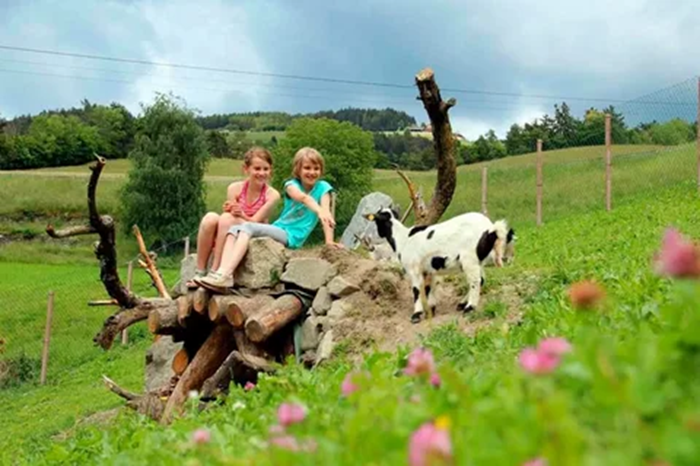Tourists are interested in tasting products, learning about the history and traditions of different regions, spending the night on farms, and living in rural houses. And the state supports such projects and issues grants.
Rural tourism is traveling to villages and small towns with a population of up to 30,000 people to take a break from the hustle and bustle and get to know local traditions and culture.
Here are some businesses related to rural tourism:
- guest houses, hotels, glamping sites;
- farm excursions — for example, to cheese dairies and apiaries;
- master classes — making wine, cheese, honey, traditional dishes of the region;
- ethnic villages and an open-air museum where you can get to know the culture and crafts of the region;
- active recreation and ecotourism — horseback riding, rafting, picking berries and herbs;
- work on a farm for treats or other in-kind compensation — participating in harvesting, caring for livestock. But without payment, otherwise it is hired labor, not tourism.
Types of rural tourism and business ideas
There are many areas in rural tourism that can be turned into a business. The main thing is to take into account the specifics of the region and the interests of tourists. I will tell you about the main areas.
Agritourism is an opportunity for city dwellers to immerse themselves in rural life. Tourists learn how to care for animals, milk cows, feed rabbits and grow vegetables. Together with local residents, they participate in harvesting and making hay. Such a vacation gives new impressions and immerses you in rural life.
Gastronomic tourism is an introduction to traditional cuisine and culinary features of the regions. For this, they open cafes, organize festivals, farmer’s fairs and master classes where you can learn about local products and try unusual dishes.
Enotourism (wine tourism) is a trip to wineries with tastings and observation of the wine production process. For example, tourists are told how grapes are grown and how the drink gets its taste and aroma.
Ethnocultural tourism is a type of travel where guests become acquainted with the traditions, culture and way of life of indigenous peoples, visit authentic villages, craft workshops, museums and festivals.

